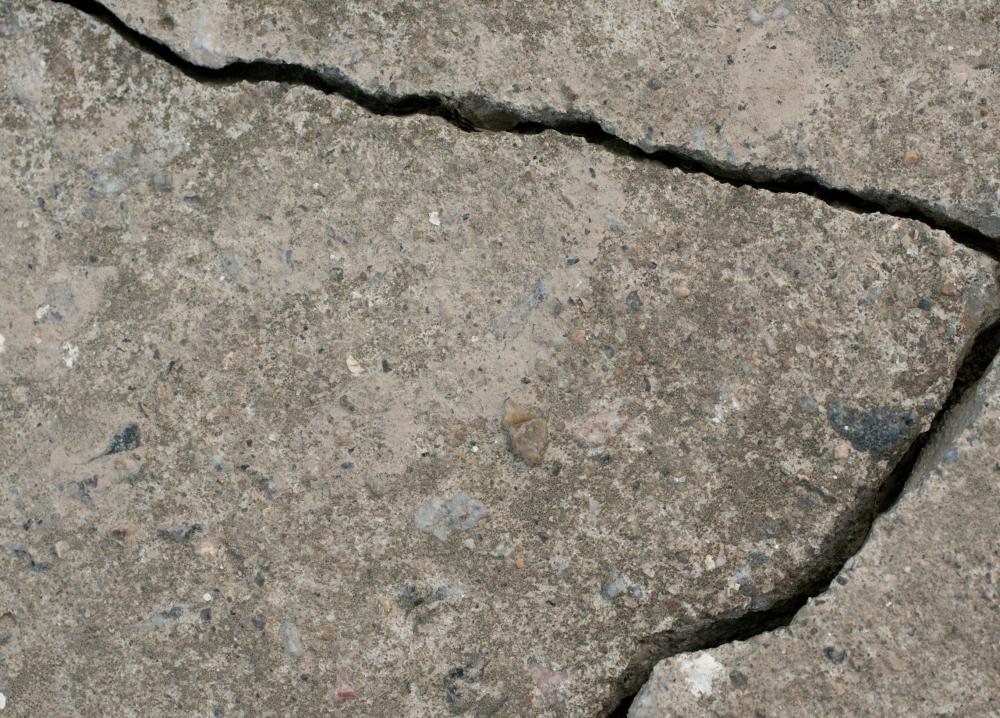How To Treat Minor Concrete Cracks In Poway Ca?

- Before you start any concrete crack repair, it’s essential to clean the area around the crack thoroughly. Use a wire brush, broom, or a high-pressure washer to remove dirt, debris, and loose material from the crack. Cleaning ensures that the repair material will bond properly with the existing concrete, increasing its effectiveness and longevity. Additionally, make sure the crack is dry before moving on to the next step.
- Selecting the appropriate repair material is crucial for a successful outcome. For small, narrow cracks (typically less than 1/4 inch wide), you can use a liquid concrete crack filler or a caulk-style concrete repair compound. These products are easy to apply and can effectively seal the crack. For larger or deeper cracks, consider using a concrete patching compound or epoxy-based filler. These materials are more robust and can provide a durable, long-lasting repair.
- Once you’ve cleaned the crack and chosen the right repair material, it’s time to apply it. Follow the manufacturer’s instructions carefully, as the application process may vary depending on the product you’re using. Typically, you’ll need to use a caulking gun or trowel to fill the crack, ensuring that the material gets into all the crevices. Smooth the surface to make it level with the surrounding concrete, and allow it to cure as directed. Proper curing is essential for the repair to bond effectively.
- Preventing future cracks is just as important as repairing existing ones. To minimize the likelihood of new cracks forming, consider the following measures: If you’re pouring new concrete, install control joints at regular intervals to help control where cracks might occur. Ensure that the soil beneath the concrete is well-compacted and adequately prepared to prevent settling and cracking. Perform routine inspections of your concrete surfaces and address minor cracks promptly before they become more significant issues. Apply a concrete sealer to your surfaces to protect them from moisture and other environmental factors that can lead to cracking.
- While you can handle minor concrete crack repairs on your own, it’s essential to recognize when a professional’s expertise is necessary. If you’re dealing with extensive cracks, structural issues, or cracks in critical areas like your foundation, it’s best to consult with a qualified contractor. They can assess the situation and provide the appropriate solutions to ensure your safety and the integrity of your concrete structures.
FAQs
Are All Concrete Cracks The Same, Or Should I Treat Them Differently Based On Their Size?
Not all concrete cracks are the same, and their treatment may vary based on their size and severity. Minor, hairline cracks can often be treated with liquid fillers or caulk, while larger and deeper cracks may require patching compounds or epoxy-based fillers. It’s essential to assess the crack’s size and consult product guidelines for the most suitable repair method.
How Long Does It Take For Concrete Crack Repair Materials To Cure?
The curing time for concrete crack repair materials can vary depending on the product and environmental conditions. Typically, it takes 24 to 48 hours for most repair compounds to cure fully. However, it’s crucial to follow the manufacturer’s instructions for specific curing times to ensure the repair’s effectiveness.
Can I Use DIY Methods To Repair Concrete Cracks, Or Should I Always Hire A Professional?
DIY concrete crack repair methods are suitable for minor cracks and surface-level damage. However, if you’re dealing with extensive cracks, structural issues, or cracks in critical areas like your foundation, it’s advisable to seek professional assistance. A qualified contractor can assess the situation and provide the necessary expertise and solutions.
Conclusion
Treating minor concrete cracks promptly can save you time and money in the long run. By following these five tips, you can effectively repair minor cracks and prevent them from developing into more significant problems. Remember to choose the right repair material, clean the area thoroughly, and consider preventive measures to keep your concrete surfaces in excellent condition. If you’re ever unsure about the severity of a crack or how to repair it, don’t hesitate to seek professional guidance to ensure the safety and integrity of your concrete structures. For more information, contact Concrete Contractor Poway Ca at (858) 683-6565.